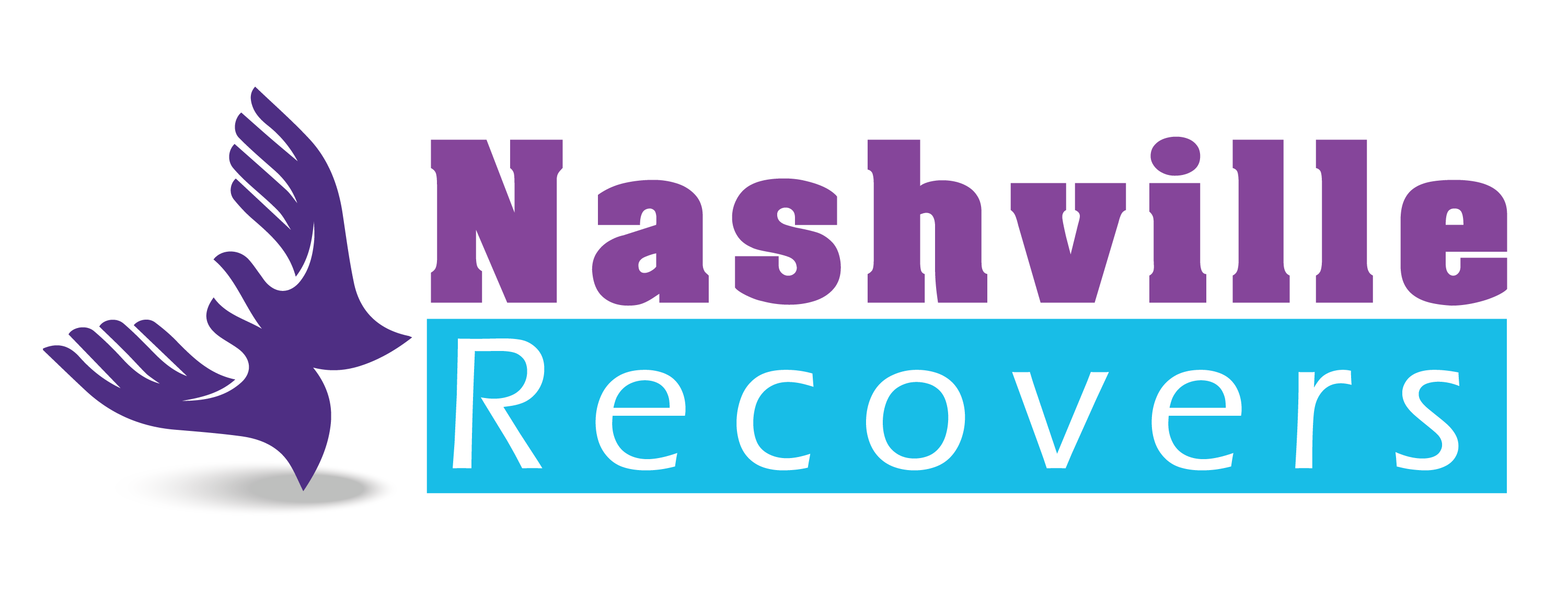My friend Ed M. has made hundreds of business presentations in front of thousands of people. But there was something about looking out over a sea of 60-plus orange jumpsuits that gave him pause.
“I was intimidated and I was scared,” he said, “and I copped to it in front of them.
“I remember thinking, ‘The only way I’m going to get them to trust me is to be honest and don’t hold back.’ So I spoke from the heart.”
 It worked. Many of the inmates connected to the 42-year-old Franklin businessman in designer glasses, and a couple even passed Ed notes as they filed back into the recovery pod at the Metro Jail facility in Antioch.
It worked. Many of the inmates connected to the 42-year-old Franklin businessman in designer glasses, and a couple even passed Ed notes as they filed back into the recovery pod at the Metro Jail facility in Antioch.
I’m the one who got Ed – a recovery friend with more than three years clean and sober – into this.
As part of my job, I worked with the Davidson County Sheriff’s Office to create a new group for inmates in recovery from substance abuse. The programs director, Paul Mulloy, said he wanted a group that put people in recovery in front of the inmates at least five times.
The sheriff’s office said it wasn’t even that important what the group was, just that the same guys would get in front of the inmates at least five times. That would make it far more likely that the inmates would reach out to those guys when they were released.
So in our first group, we explained what we wanted to do – connect recovery guys inside and outside of jail – and we asked the inmates to name the group and come up with guidelines.
The name: Fellowship Connection. Nice! The guidelines: What’s said in group stays in group; no giving advice or judging others; we speak one at a time; each group starts with a check in on how we’re doing that day.
The key to our Fellowship Connection groups is the seven-minute story, something I borrowed from a friend in a YMCA Restore Ministries recovery group.
 Inmates and outside recovery guys alike will tell their stories in seven minutes: What is was like, what happened and what it’s like now. After each story, we go and affirm the guys, tell them what we related to in the story and what we like about the guy who told it.
Inmates and outside recovery guys alike will tell their stories in seven minutes: What is was like, what happened and what it’s like now. After each story, we go and affirm the guys, tell them what we related to in the story and what we like about the guy who told it.
And something magic happened in those jailhouse groups.
The guys told intimate, personal stories from traumatic events, sometimes saying things they had never said aloud before. Some grown men in orange jumpsuits cried. All of us were moved, every time.
Terrance H., 44, in jail on a second DUI, said it was the first time that he had told his story, and he felt incredible relief afterward.
“I was liberated,” he said. “Once I told my story, the pressure was taken off.
“Now I can tell it to anybody. I’m not ashamed of it anymore.”
What made Terrance and the other inmates open up like that?
“We were made to feel more comfortable. We felt an honest approach from the (outside) guys in Fellowship Connection,” he said. “And they were open with their own stories so we felt we wouldn’t be judged.”
Three of those former inmates have sponsors, go to 12-step meetings daily and have jobs. I’m not saying it’s because of Fellowship Connection, but I bet that helped.
Regardless of how the group affected the inmates, I know we from the outside who participated are changed.
“I may have gotten more out of it than they did,” Mark said. “And I think they realized once we showed up and didn’t miss our sessions, they realized we cared about them.
“That’s when it got really good,” he said. “I think the most gratifying thing I’ve done in recovery yet.”
Ed says he felt gratitude every time he left the group – and not just because he was able to leave jail!
“You can’t walk away from that being anything but totally grateful,” he said.
“They’ve been willing to open up and cry and reveal themselves, and I just didn’t expect that from men in that environment,” he said. “That’s what kind of threw me off – in the best way.”
Our next Fellowship Connection groups for men start in a few weeks. But we’re doing more later in the spring. Guys with more than a year clean time can get involved by e-mailing me at brad@npponline.org.

Recent Comments